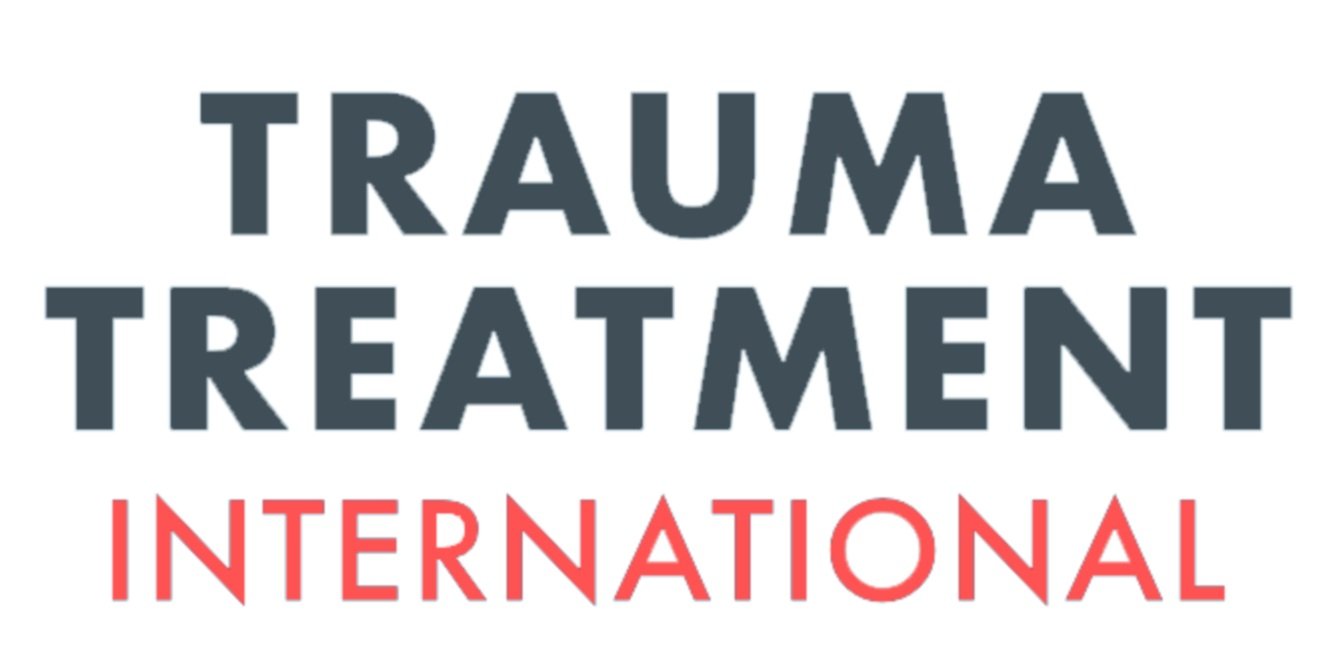vicarious trauma
Staff can be exposed to trauma by hearing about service users’ experiences. Vicarious trauma can occur when we are psychologically impacted by hearing about someone else’s traumatic experiences.
Experiencing some of the following signs can be normal, especially during difficult times. However, if you are noticing that you are experiencing a lot of these it may be a sign of vicarious trauma. The top tips below should help you to identify the signs and know how to respond.
top tips for staff
ACKNOWLEDGE
Signs of vicarious trauma:
Feeling more emotional than usual when hearing or reading about traumatic events
Experiencing sleep difficulties and nightmares about traumatic content
Having panic attacks
Feeling more on edge and unable to relax
Constantly looking out for threats or danger
Intrusive thoughts or images from traumatic stories interfering with daily life
Recurring thoughts or images of traumatic events
Becoming more negative in how we think about ourselves, others and the world
Finding it harder to trust people
Feeling less safe than usual
Relationships being negatively affected
Feeling physically and mentally exhausted
Headaches, stomach aches, constipation, or diarrhoea
Isolating yourself
Avoiding hearing more traumatic stories or engaging with traumatic material
Avoiding talking about the impact of these stories
Hyper-focusing on traumatic stories
Feeling numb
Being oversensitive
Being more easily startled than usual
Experiencing a sense of detachment and hopelessness
Overworking and feeling like you’re not doing enough
ACT
Take a look at our top tips for managing and mitigating stress and burnout and compassion fatigue
Maintain personal and professional boundaries
Discuss options for taking breaks or extended time off
Seek professional support for signs of vicarious trauma, such as consulting a GP, specialist psychological support, referring yourself to occupational health or employee assistance programmes
If you are experiencing feelings of helplessness or thoughts of self-harm, seek urgent support. Visit A&E, call 999 or contact helplines like the NHS Mental Health Crisis Line
top tips for managers
ACKNOWLEDGE
When staff are exposed to traumatic material the risk of vicarious trauma is increased
That you or your staff team may need professional support if showing signs of vicarious trauma. Vicarious trauma can develop into post-traumatic stress disorder (PTSD) if left unrecognised.
If you would like to know more about PTSD please reach out to us using the contact email below.
ACT
Look out for the signs above in yourself or your staff team
If you notice that you may be experiencing vicarious trauma, follow the top tips for staff. Remember that you are modelling what you would like them to be doing for themselves
Talk openly with your team about the possible consequences of the work you do, normalise the risk of vicarious trauma, the importance of recognising signs for themselves, and how to get help if needed
Make use of team meetings, supervision or check-ins to provide staff with a space to talk about their feelings
Reduce or redistribute workload to make it as manageable as possible
If you know staff have been exposed to particularly traumatic material or involved in traumatic incidents, make sure there are critical incident policies/procedures in place as an organisation
Proactively ask staff if they need urgent help, consider signposting to A&E, calling 999 or contacting helplines like the NHS Mental Health Crisis Line
If you would like support or training in mitigating vicarious trauma for your staff team or for TTI to provide direct input to assist, please email projects@tt-intl.org. Click here to download this information as a PDF.



